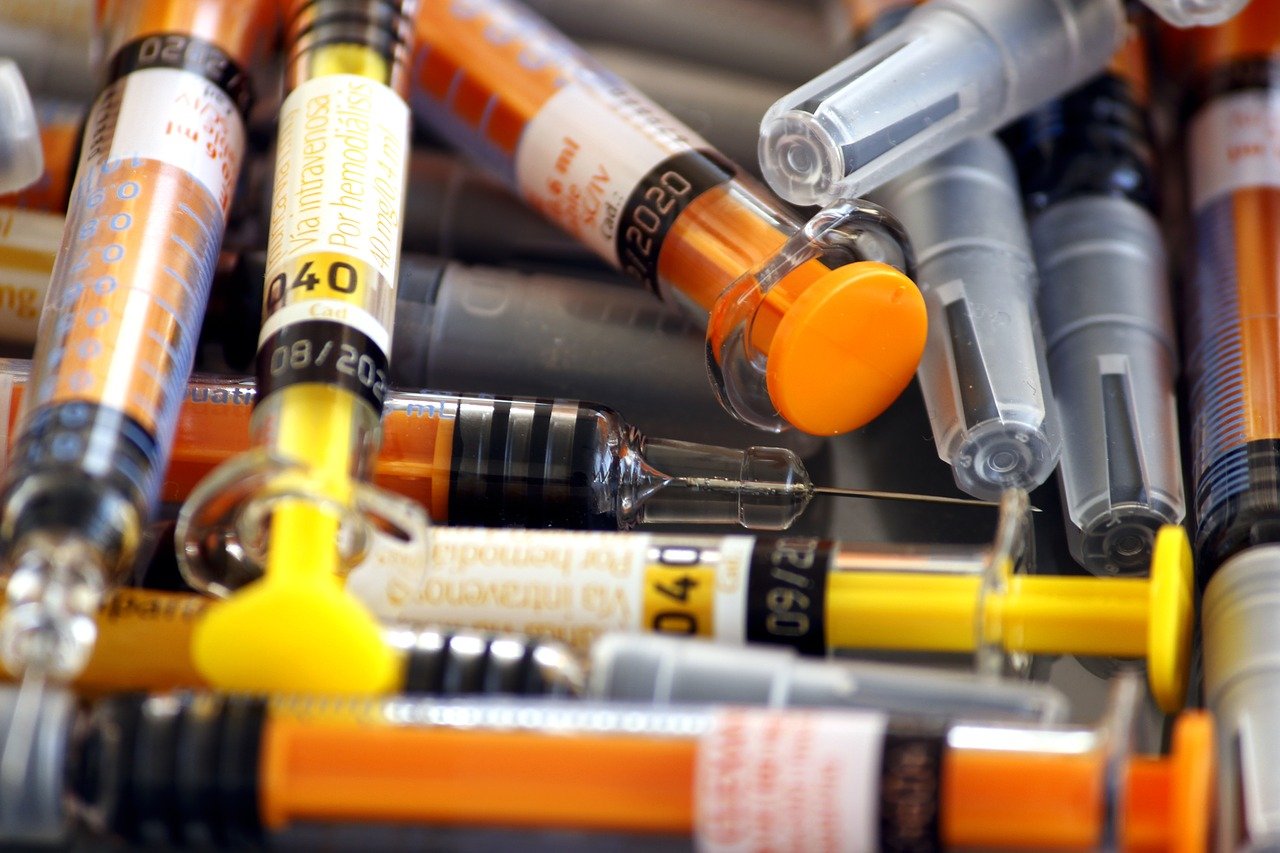BAN Toxics statement on the mercury spill in Manila Science High School
March 2017, Quezon City — The reported mercury spill in Manila Science High School’s laboratory last March 11 exposed five people to the toxic chemical and has already led to the hospitalization of one teacher. In 2006, at least 24 students of St. Andrew’s School, Paranaque also fell ill and were sent to the hospital after being exposed to mercury that was meant for a laboratory experiment. More than a decade has passed between these incidents, but our children continue to be at risk of mercury poisoning in their own schools.
Shalimar Vitan, Chief Operations Officer of BAN Toxics, said: “The mercury spill in Manila Science High School is a tragic incident for all those affected. But the greater tragedy is that this is not the first such accident: the spill was entirely preventable had the Department of Education taken steps in the past decade to ensure mercury is banned in schools.
“As an urgent step to prevent further accidents from happening, the Department of Education should immediately implement a ban on the use and storage of mercury in schools.
“Mercury is a highly toxic chemical which has no place in schools. Our schools are supposed to be places of safety, places to nurture the minds of children. But the presence of mercury in schools goes against this very thrust. It harms the same mind that schools are supposed to cultivate.
“After yet another spill, it should be clear that reactive solutions to mercury are unsustainable.
Prevention is the only way to ensure the safety of students, teachers and school staff. Young lives, bright young minds are at risk here. The consequences are often permanent and incurable damage, especially for young children who are one of the most sensitive to mercury’s adverse effects.
“But ensuring the safety of the people from the harmful effects of mercury should not only be in schools. The government should also snap out of its lackadaisical approach to regulating mercury use in the country, and must act in a concerted manner in its approach to this toxic chemical. As a start, chemical policies should be strengthened, implemented and coordinated across government agencies.
Although the Department of Health (DOH) has already phased out and banned mercury in medical equipment in 2008, several other policies to control mercury use remain in limbo. The new Chemical Control Order for Mercury and Mercury Compounds should be immediately approved by the Department of Environment and Natural Resources (DENR) in order to enforce a ban on still existing mercury uses. And the Joint Administrative Order spearheaded by the DOH to phase down and eliminate the use of mercury in dental amalgam must be urgently finalized and implemented.
Ensuring the implementation of the ban on mercury use in small-scale mining should also be a priority of the DENR.
This can be successfully done with the formalization of the artisanal and small-scale gold mining sector.
BAN Toxics is also calling on the Philippine Senate to ratify the Minamata Convention on Mercury this 2017. The Convention is a global treaty meant to protect people and the environment from the harmful effects of mercury.
Ratification of the treaty will protect the country from mercury trade, specifically from becoming a dumping ground of mercury from other countries.



